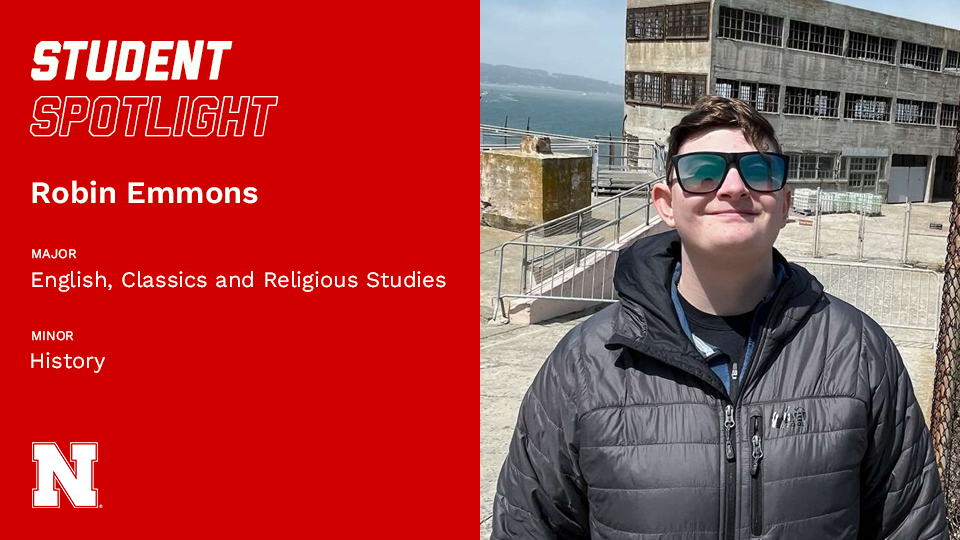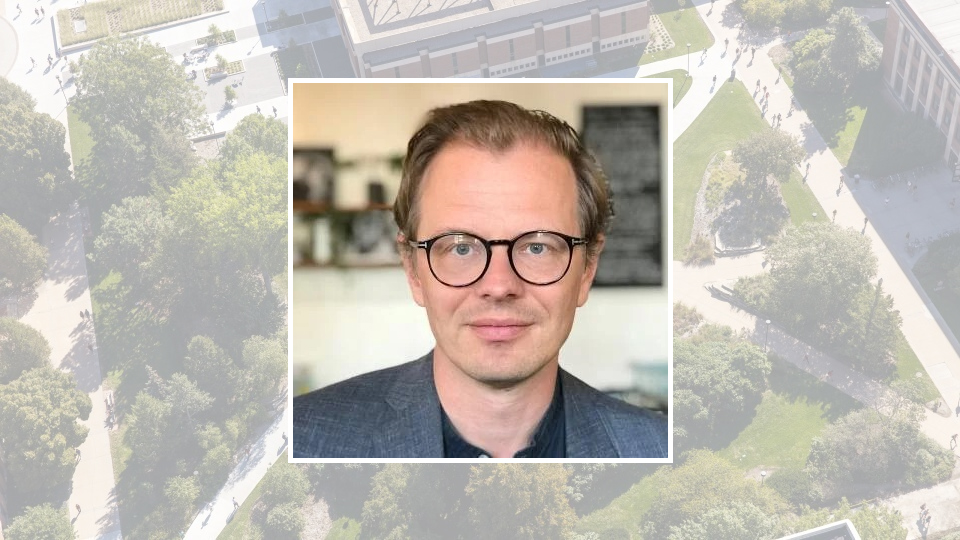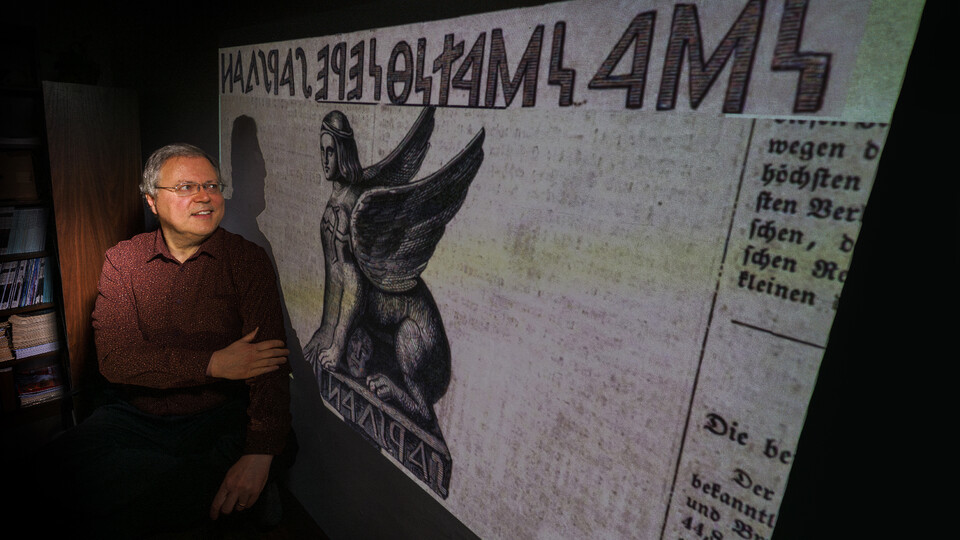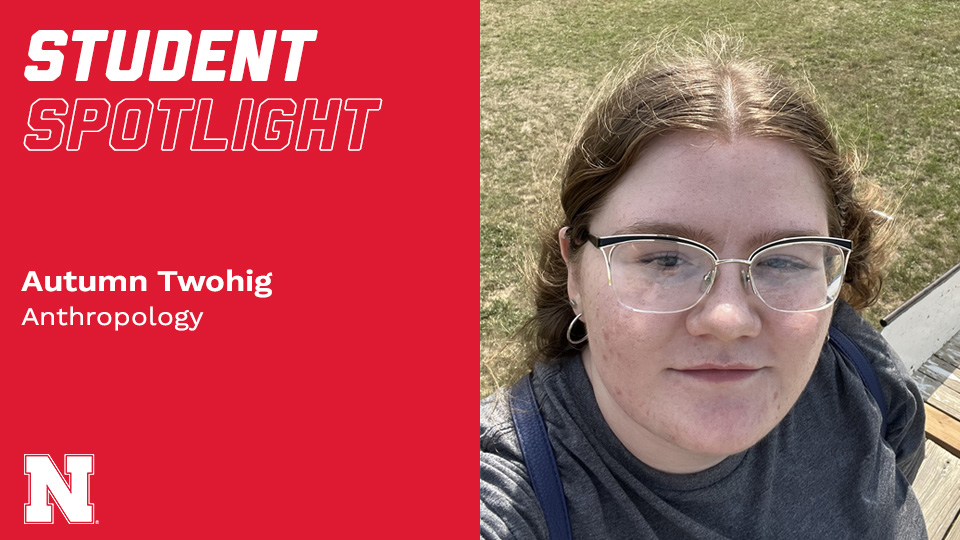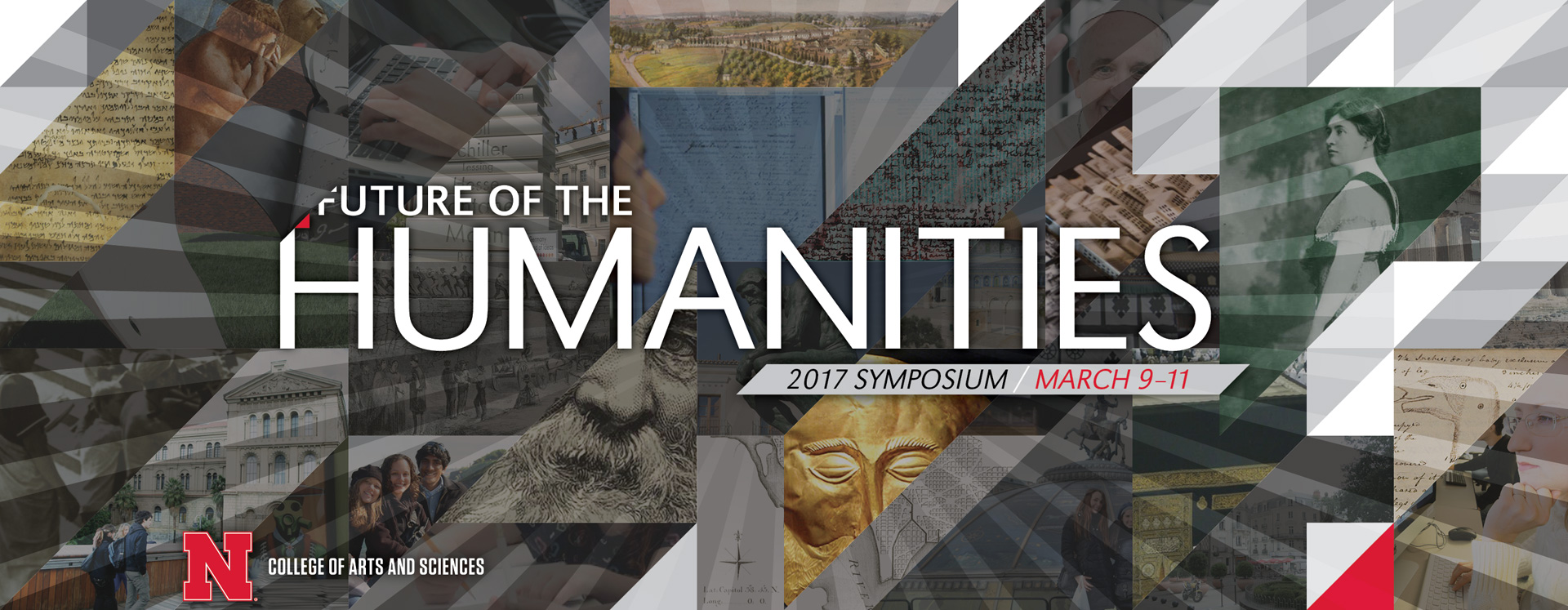
Three faculty members from the Department of Classics and Religious Studies will be participating in the university's Future of the Humanities Symposium, to be held March 9-11, 2017.
From 2:45 to 4:00 p.m. on Thursday, March 9, Professor Dan Crawford will be moderating a panel discussion on "Science, Philosophy, and Religion." Panelists include Elliott Sober (University of Wisconsin), a philosopher of science and biology, whose range of topics includes Altruism, as understood both in evolutionary biology and in human psychology; he is also a prominent critic of Intelligent Design Theory. Dan Arnold (Chicago Divinity School) works in the field of Indian Buddhist philosophy as it relates to the interdisciplinary field of Cognitive Science. Panelists will talk briefly about issues and questions pertaining to the inter-relations between science and humanities perspectives, and the rest of the session will be given over to questions from the audience.
From 10:15 to 11:30 a.m. on Friday, March 10, Professor Anne Duncan will be a participant in a panel on "Humanities and Medicine." The speakers are Andrew Hogan, from Creighton University's Department of History, whose research explores the evolving intersection between genetic medicine and social definitions of disability; Todd Robinson, a UNL alum currently affiliated with UNO, who facilitated writing groups as part of an initiative offered to physicians through UNMC; and Professor Duncan, speaking about her outreach work with veterans using Greek literature.
From 11:30 a.m. to 1:00 p.m. on Friday, March 10, Professor Sarah Murray will be co-leading with Heather Richards-Rissetto and Rachael Wendell Shah a panel discussion on "New Directions in Humanities Teaching." The lunch conversation will explore a variety of approaches to humanities teaching. Each discussion facilitator will present a brief (5-10 minute) discussion of her individual approach to innovation in teaching, but the remainder of the lunch will encompass a free-form conversation that will be responsive to the interests of attendees, with potential topics including but not limited to:
- game-ification and simulation
- making and doing in the classroom
- the use of media: pedagogical risks and rewards
- integrating digital tools, including the students’ own cell phones or computers, into teaching
- changing authority structures in the classroom
- blended learning and/or flipped classrooms
- scaling innovative approaches to teaching
